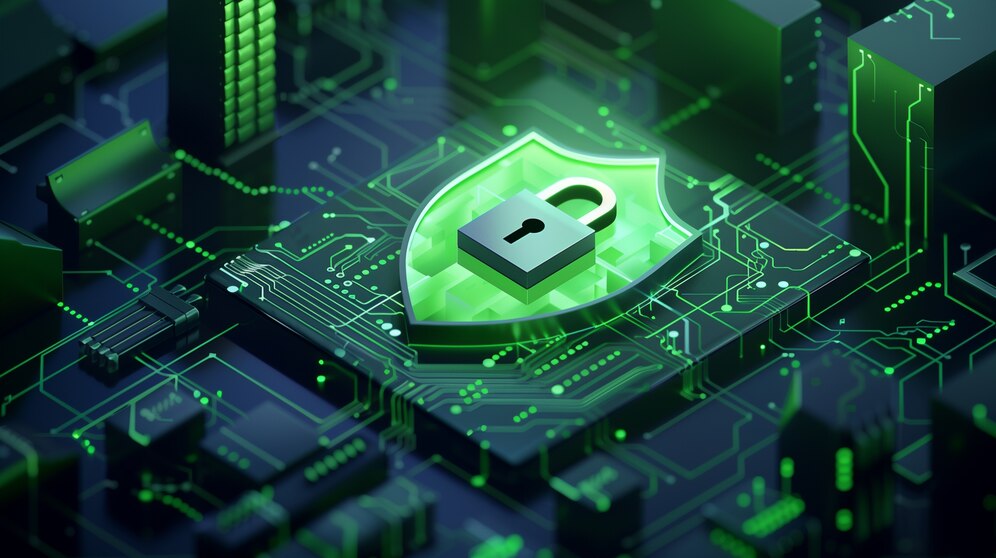Safeguarding Your Cryptocurrency: Essential Security Practices
Securing cryptocurrency is more crucial than ever. With over 560 million users globally in 2024, the stakes are much higher. The decentralized nature of crypto places full responsibility on owners to protect their assets. Unlike traditional banks, there's no authority to recover lost or stolen crypto. This autonomy demands strong security awareness. As adoption rises, safeguarding your holdings is vital for both newcomers and experienced users.
Choose the Right Type of Wallet
When it comes to storing cryptocurrency, you have a few options:
Mobile Wallets
To store your cryptocurrency safely, mobile wallets offer a balance between convenience and security for everyday crypto transactions. These wallets use advanced security features like multi-factor authentication (MFA) and biometric verification to protect your assets. MFA typically combines something you know (password), something you have (your smartphone), and something you are (biometric data like fingerprints or facial recognition).
Hardware Wallets
For those serious about securing their cryptocurrency, hardware wallets are often considered the gold standard. Physical devices like Ledger and Trezor keep your private keys safe from hackers by storing them offline. These hardware wallets are known for their strong security measures and ability to hold various types of cryptocurrencies.
Cold Wallets
Cold wallets are a simple yet effective cold storage method. By printing your public and private keys on paper and storing them securely, you can keep your crypto completely offline. However, these wallets require careful handling to prevent physical damage or loss.
Protecting Your Private Keys
Your private keys are the most critical piece of information in crypto ownership. They provide direct access to your funds, making their protection vital. You should never give out your private keys or seed phrases to anyone. Reputable companies and individuals will never request this information. Sharing your private keys is like giving someone access to your cryptocurrency vault.
Creating secure backups of your private keys or seed phrases is essential. Consider using multiple storage methods, such as encrypted digital files and physical copies stored in secure locations. Some users even engrave their seed phrases on metal plates for added durability.
Regularly Update Your Software
Wallet providers and crypto platforms frequently update their software to fix bugs and patch security vulnerabilities. Keeping your wallet, operating system, and any related software up to date ensures that you're protected against the latest threats. Enable automatic updates or regularly check for new versions of your software to stay protected.
Beware of Phishing Attacks
Among the many crypto cyber threats, phishing is one of the most common scams in the crypto space, where attackers try to trick users into revealing sensitive information by creating fake websites or sending deceptive emails. Always double-check the URL of any site you're visiting and avoid clicking on suspicious links. Reputable exchanges and wallet providers will never ask for your private keys or seed phrases through email or direct message.
Backup Your Wallet
A proper backup of your wallet is essential in case you lose access to your device or if the wallet becomes compromised. Many wallets offer a seed phrase, consisting of a series of words that can be used to recover your wallet. Record this phrase on paper and keep it in a safe place, like a secure safe, avoiding storing it digitally on your computer or phone. Consider making multiple backups and storing them in different secure places to further safeguard against loss or damage.
Use a VPN When Accessing Your Wallet
Using a Virtual Private Network (VPN) while accessing your crypto wallet or conducting online transactions can enhance security by encrypting your internet connection. VPNs can make it more difficult for hackers to monitor your online activities or steal sensitive information, especially when using public Wi-Fi.
Staying Vigilant
While implementing security measures is crucial, it's equally important to stay alert and practice smart behavior:
- Don't make yourself a target: Just as you wouldn't advertise inheriting a large sum of money, avoid bragging about your cryptocurrency investments online. Keeping a low profile reduces the likelihood of attracting unwanted attention from potential hackers or scammers.
- Be wary of impersonators: Hackers often pose as customer support representatives, even impersonating staff from reputable platforms. Remember that legitimate companies will never ask for sensitive information such as passwords, 2FA codes, or PINs. They also won't request remote access to your computer or ask you to create test accounts on other platforms.
- Verify communication channels: Be cautious of unsolicited contact, especially through unofficial channels. If you're unsure about the legitimacy of a communication, reach out directly to the company's official support email.
- Double-check URLs: Scammers often create convincing fake websites that mimic legitimate cryptocurrency exchanges. Always verify the web address before logging in or entering any credentials. When clicking links from emails, copy and paste them into a text editor first to see where they really lead.
- Use official apps and websites: Always download cryptocurrency apps from official sources like the Apple App Store or Google Play Store. Similarly, bookmark the official websites of your preferred exchanges and wallets to avoid accidentally visiting malicious clone sites.
839GYLCCC1992




Leave a Reply